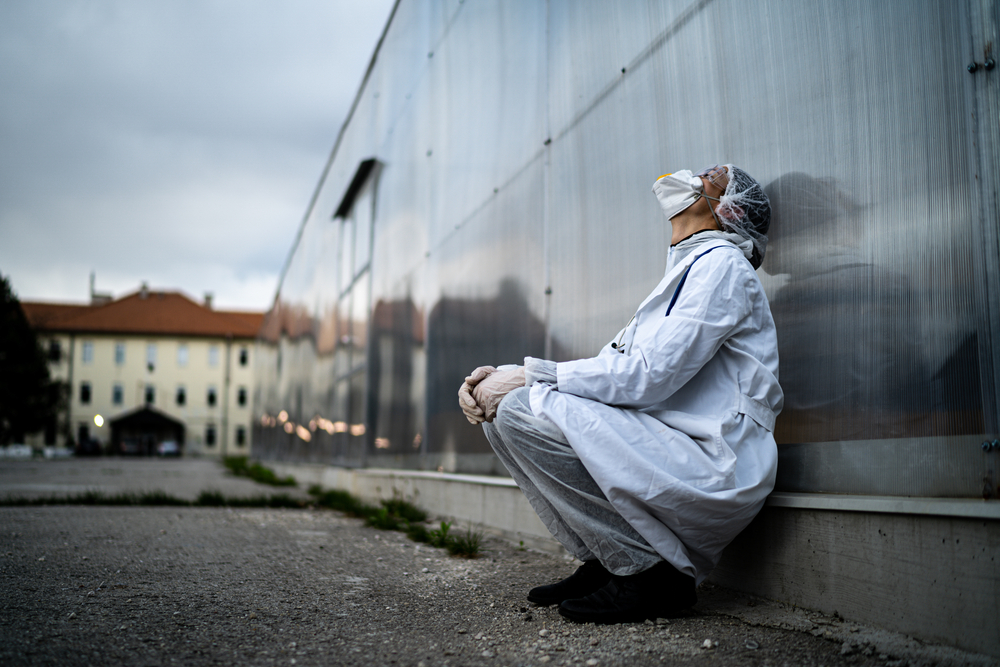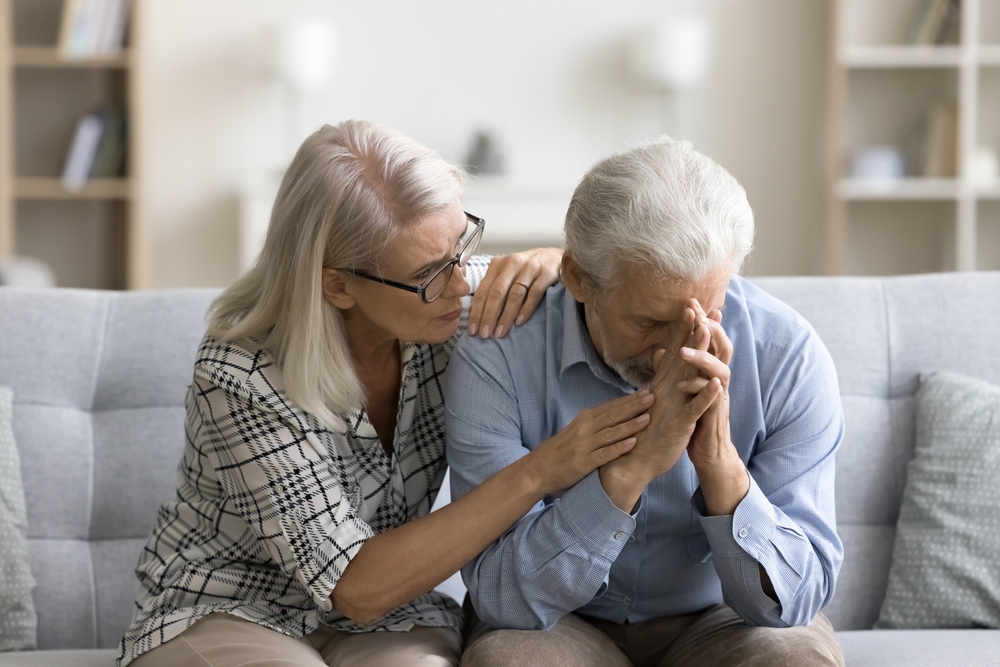Post-traumatic stress disorder (PTSD) should never be taken lightly, and usually requires the assistance of a doctor or psychotherapist. Still, there are coping strategies you can use at home to make managing post-traumatic stress disorder symptoms easier and improve your quality of life.
Common Post-Traumatic Stress Disorder Symptoms
PTSD isn’t like some other mental health or mood disorders; it is a direct result of a specific experience. Veterans, police, medical providers, and first responders may all experience PTSD based on their experiences while on duty. PTSD can also result from a serious accident, medical emergency, or childhood event. Sometimes, it can also develop from a pattern of traumatic events, such as child abuse or domestic abuse. Most people experience four main types of post-traumatic stress disorder symptoms:
Re-Experiencing the Events
Nearly everyone who experiences PTSD re-experiences their traumatic events. This could involve flashbacks, nightmares, intrusive memories, or environmental triggers that remind you of the trauma, causing intense mental or physical reactions.
Avoidance and Numbing
You may try to avoid experiencing those triggers or separate yourself from your feelings. This could lead you to withdraw from everyday activities. Some people who struggle with PTSD also turn to drugs or alcohol to numb the effects of their experiences.
Hyperarousal
People with PTSD are often exceedingly aware of the world around them. This can take the form of anxiety, insomnia, feeling “on alert,” being easily startled, feeling irritable, or being prone to outbursts, aggression, self-destructive, or reckless behavior.
Negative Thoughts and Mood.
Experiencing PTSD can cause you to feel alienated and alone. You may also become distrustful of others, fear betrayal, or feel guilt, shame, or self-blame. PTSD can also affect your ability to concentrate or remember details, or make you feel depressed and hopeless.
Get Help Coping with PTSD
Talk to a psychotherapist today about how to manage post-traumatic stress disorder symptoms.
Healthy Coping Mechanisms for Managing PTSD Symptoms
Recovering from a traumatic event is never easy, and it always takes time. Most often, you will need to work with professionals, like your doctor or a psychotherapist, to help you get more control over your post-traumatic stress disorder symptoms. Developing healthy coping mechanisms can help.
Practice Mindfulness and Breathing for Acute Anxiety
PTSD can cause acute anxiety and panic attacks. If that happens, breathing techniques and mindfulness meditations can help you center yourself and get through the moment. Deep breathing helps combat your brain’s fight-or-flight responses to fear and anxiety. Mindfulness helps you be more aware of the present moment, and better able to recognize and let go of emotions that would otherwise overwhelm you.
Ground Yourself in Where You Are Now
If you are re-experiencing your trauma, through a flashback or waking up from a nightmare, focus on things that can remind you where you are here and now:
- Notice what is around you (describe it to yourself)
- Pay attention to all five senses
- Get up and move your body
- Engage in a calming, pleasant activity (like listening to music)
Remember Recovery is a Process
PTSD changes the way your brain works, physically and chemically. You can retrain your brain, but it takes time. When you are feeling hopeless, remind yourself that recovery is a process. Don’t be hard on yourself because you are having trouble concentrating or can’t sleep. Instead, recognize that you are better now than you were yesterday, or a year ago, and that you’ll be better still in the future, as long as you keep working toward recovery.
Track Your Successes
Negative thoughts and mood often cling to what you have done wrong. Anxiety will build on what you haven’t done yet. To respond to all these PTSD symptoms, it is a good idea to track your successes. Self-monitoring is helpful for all kinds of mental health. For people with PTSD, it can show your progress and make it easier to remember how far you have come.
Reach Out for Support
Getting support is key to success in managing post-traumatic stress disorder symptoms. There are support groups for veterans, domestic abuse survivors, and auto accident victims, among others. You may also have a friend or loved one who knows about your specific situation and is willing to help. In addition, working with an experienced psychotherapist can be essential to overcoming PTSD, giving you more control over your recovery, and your life.
David Stanislaw is a psychotherapist with over 30 years of experience. He helps adults manage post-traumatic stress disorder and other psychiatric issues. Contact David Stanislaw to get help for your relationship today.


 6 Ways to Accommodate Your Spouse’s Anxiety
6 Ways to Accommodate Your Spouse’s Anxiety How Long Does Therapy Take?
How Long Does Therapy Take? Helping Kids Cope with Trauma and PTSD
Helping Kids Cope with Trauma and PTSD